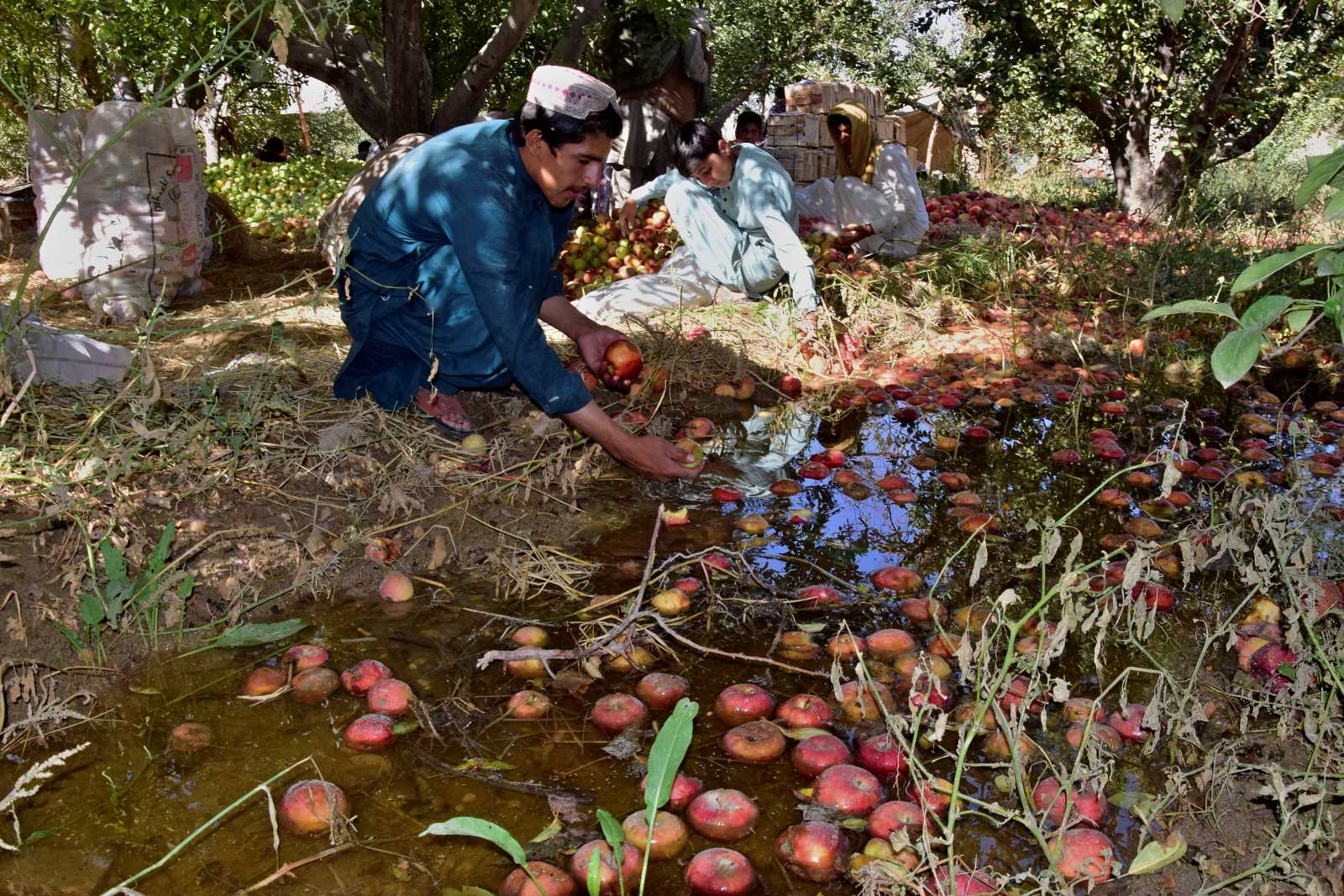Vehicle tax
Fouling the air

The annual tax, introduced last November, ranges from 4000 to 15,500 Kwacha (€ 4.80 to € 18.5) depending on engine size. It is payable upon renewal of vehicles’ certificates of fitness.
Binton Kutsaira, minister of energy, natural resources and mining, says the tax is part of Malawi’s efforts to meet its obligations under climate agreements. He says it will generate funds for projects to fight the effects of climate change, such as tree-planting programmes. In a controversial move, the government has exempted its own fleet of vehicles from the tax.
Some environmentalists are not convinced of the new measure: “This tax will not reduce carbon emissions,” says Bright Sibale, managing director at the Centre for Development Management, a consultancy in Lilongwe. He notes that the government already discourages driving by taxing fuel at the pump.
Mainly, the new tax on vehicles will lower people’s disposable incomes, he adds. “Therefore more people will depend on charcoal for heating and will cut down trees. The result will be an increase in deforestation, which will lead to more carbon emissions.”
Environmentalists also say that government energy policies tend to undermine efforts to clear the air. For example, the government is considering funding a 300 megawatt coal powered electricity plant at Kam’mwamba in the southern part of the country.
“Many countries are moving away from coal but we are still considering the use of coal to produce energy. This does not fit well with the spirit of the new tax,” says Godfrey Banda, a retired civil servant.
In addition, the parastatal Electricity Generation Company Malawi operates diesel-powered generators to provide electricity in the event of power cuts. The generators emit a lot of carbon, environmentalists say.
Ironically, in view of the investments in power generation, only about 12 % of Malawians have electricity in their homes. The rest rely mainly on charcoal and wood for energy. Although cutting wood is illegal in most forest reserves, the practice continues as a matter of necessity.
Some Malawians worry that revenues generated from the new vehicle tax will not be used for climate projects at all. The sceptics hint that the funds will either end up in the government’s general coffers or disappear mysteriously. Energy Minister Kutsaira denies the charge.
Malawians, already hard-hit economically, will be watching.
Raphael Mweninguwe is a freelance journalist based in Malawi.
raphael.mweninguwe@hotmail.com













